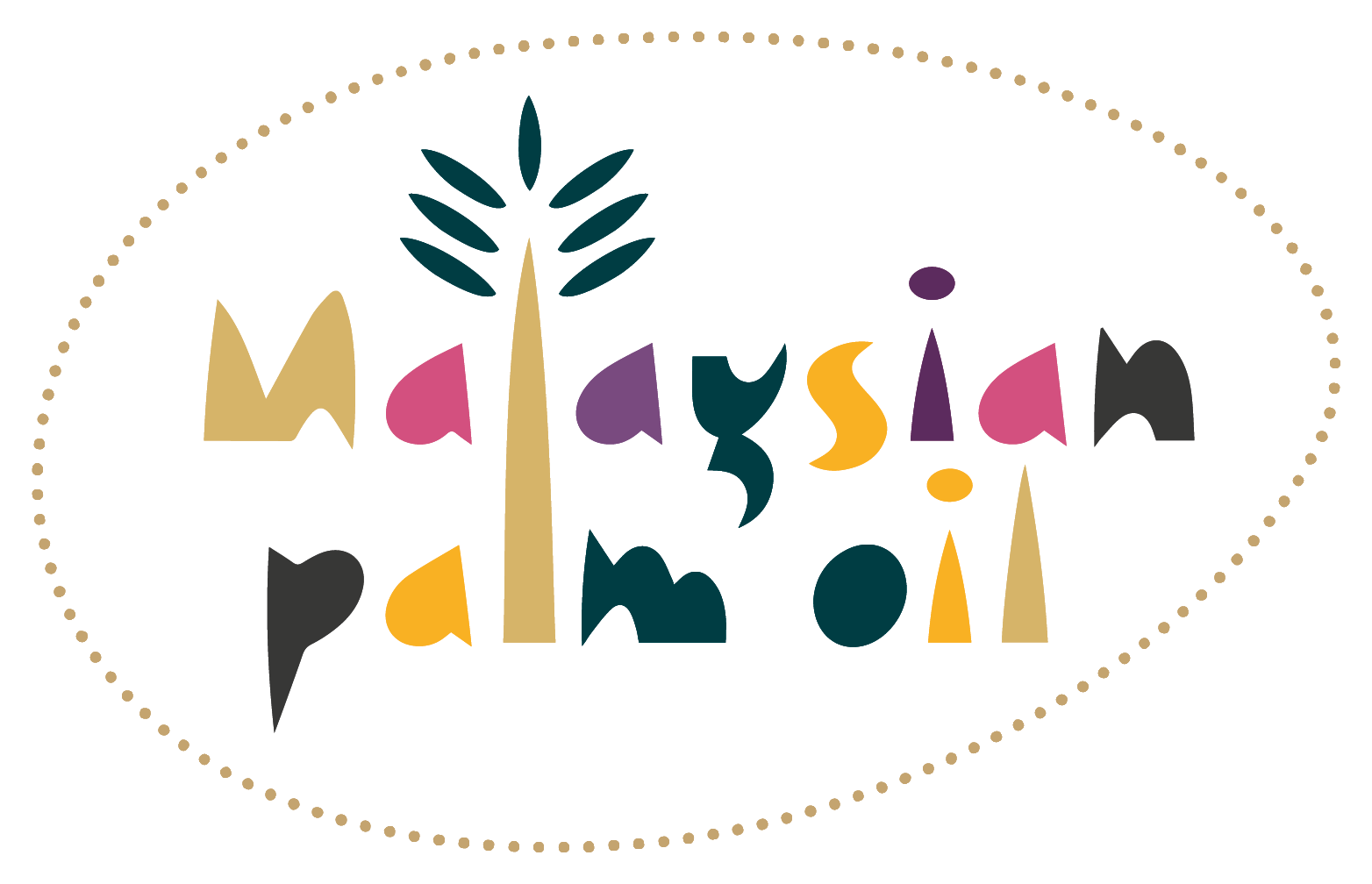In December, the EU Council, Parliament and Commission reached an agreement on the final text of the Deforestation Regulation.
The Regulation in its current form will reduce market access and harm small farmers, with a bigger aim to protect uncompetitive European oilseed growers and processors that cannot compete against more cost-effective imported palm oil. This could also exacerbate global food price inflation, which has already caused financial pain for households in Europe and elsewhere.
What the Regulation Does
The Regulation will place additional regulatory burdens on palm oil being exported to the EU. These include more stringent traceability and data sharing requirements, and will put 300,000+ Malaysian small farmers at a competitive disadvantage against European competitors like rapeseed and sunflower. European producers will not face similar regulatory scrutiny
Despite this, European Commissioner for the Environment, Virginijus SinkeviÄius, has lauded the agreement and even noted, âthe EU is sending a strong signal to the rest of the world that it is determined to address global deforestation.â
The Regulation is likely to lead to Malaysia and other palm oil producing countries labeled as âHigh Risk.â This designation fails to take into account progress Malaysia has made in reducing deforestation to nearly zero, supporting local and international conservation efforts and protecting workers.
The Regulation also appears to ignore the fact that all palm oil producers in Malaysia are required to adhere to a mandatory national certification standard, Malaysian Sustainable Palm Oil (MSPO), one of the largest and most robust vegetable oil certification schemes in the world. Many producers also meet voluntary standards set by international schemes such as the Roundtable on Sustainable Palm Oil (RSPO).
If the EU Council proceeds with the Regulation as written, all of this will be ignored and a dangerous precedent will be set. Introduction of high traceability requirements have previously resulted in the exclusion of smallholders from supply chains.
The agreement, in its current form, will increase poverty, discredit domestic sustainability efforts, and threaten to proliferate food insecurity in Malaysia and globally â a series of severe consequences that are only made worse by high food prices and record inflation being seen across the world.
Europe Could Pay the Price
At the EU Ambassadorsâ Conference in Brussels earlier this year, High Representative of the European Union for Foreign Affairs and Security Policy Josep Borrell warned European leaders about the very behavior they are exhibiting with the new Regulation.
Borell acknowledged that the EU had been treating partners like Malaysia unfairly by pushing their policies on developing nations. He told his colleagues, âWe think too much internally and then we try to export our model, but we do not think enough about how the others will perceive this exportation of modelsâ¦â
He then offered some advice to his EU counterparts, encouraging them to âlisten moreâ and âhave more empathyâ in their dealings with these partners.
The final text of the EU Regulation clearly shows that they did not heed the words of their top foreign policy official â a decision that seems to be at odds with European Union goals in the ASEAN region.
If the Council does not reverse course on the Regulation, it will alienate Malaysia and its ASEAN neighbors. The EU cannot afford this. Palm oil and other commodities are critical to European manufacturing supply chains. Without them, EU companies will need to use more expensive alternatives that will erode profits and raise prices for European consumers.
ASEAN: A United Front
Following the announcement of the agreement on the Regulation, discontent and concern spread quickly throughout the ASEAN region.
This was exacerbated by the EUâs approach at the ASEAN-EU Summit, where ASEAN leaders expressed considerable disappointment that the EU wanted ASEAN members to align with the EU on a range of issues, but would not engage more on trade.
Indonesian President Jokowi and Foreign Affairs Minister Marsudi made remarks at the EU-ASEAN Leadersâ Summit that signaled trade and cooperation between Europe and ASEAN would be at risk if the EU decided to use the Regulation dictate its standards to the region. The Foreign Affairs Minister warned EU leaders that their policies would âhinder tradeâ and dismissed the Regulation as âdiscriminatory in nature.
Malaysia shares the sentiment of President Jokowi and the Indonesian government and intends to stand united with their ASEAN counterparts in opposition of the EUâs agreement.
As the worldâs two largest palm oil producers, Malaysia and Indonesia have the influence and power to force the EU Council to reconsider the Regulation and present a more measured text that takes into account the importance of the EU-ASEAN relationship and the progress made by the palm oil industry on drastically improving sustainability and effectively eliminating deforestation.
In the end, the ASEAN region is a united front that will oppose all efforts by the EU to block the import of palm oil and other valuable commodities.
Know the Facts on Malaysia & Deforestation
- According to NGO Chain Reaction Research, deforestation for palm oil is at its lowest level in five years, with just 19,000ha of land across Malaysia, Indonesia and Papua New Guinea cleared for palm plantation development.
- Malaysiaâs forests cover 20.5 million ha, representing 58% of Malaysiaâs land mass, a percentage far greater than Europe.
- The forest area loss in Malaysia has steadily declined over the past two decades to be close to zero today.
- In fact, Malaysiaâs primary forest loss and permanent deforestation is at its lowest in nearly 20 years according to the World Resources Institute.
- Malaysiaâs tree cover loss in 2021 was around 278,000ha â significantly lower than EU member country Sweden, and on par with EU member Finland.
- The UN Food and Agriculture Organisation has also noted that Malaysiaâs forest area has increased since 2010 by around 66,000 ha.
